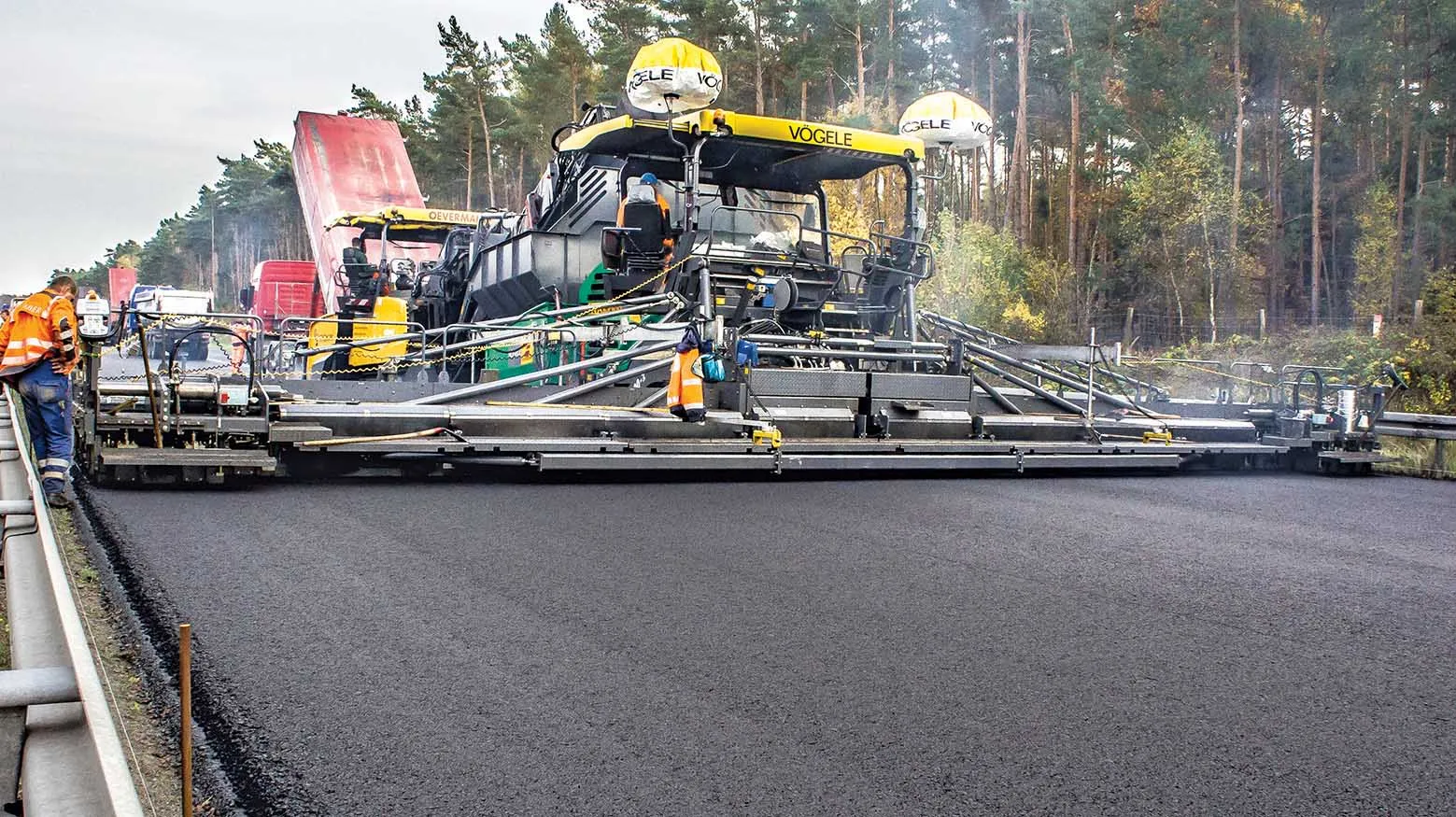Roads all over the US state of Michigan are in desperate need of repair, but cities do not always have enough money to fix them. However, the city of Jackson could help pave the way toward a solution. An project on a small street in Jackson could help communities across the state in the future. Lydia Street connects Wildwood with Michigan Avenue near downtown Jackson and has been repaired using a new product from supplier 152 3M. The special concrete features a mixture that is better able to withstand the freeze-thaw cycle, which is at the root of many of Michigan’s road problems. The novel mix benefits from a combination of stronger materials and more oxygen. Comprising finely crushed granite, the material is said to ensure a greater stability during curing, leading to improved durability. Should the trial of this new solution go to plan, Michigan Department of Transport (MDOT) will begin using the material more widely across the state. The material is expected to cut costs considerably in the future, due to its extended life in the tough climate.










